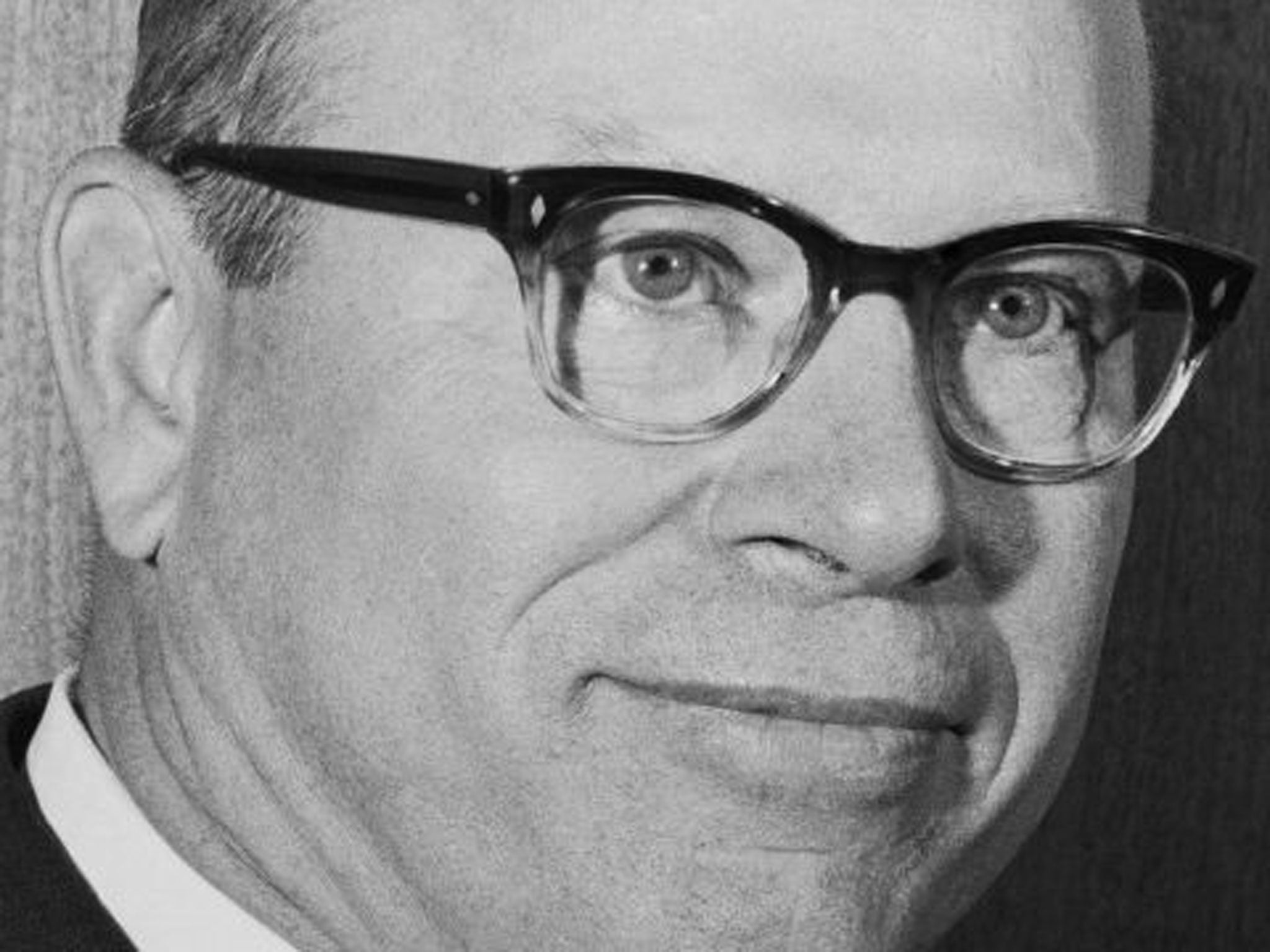The NRA - marksman’s friend that took aim at Washington
The group was set up in 1871 to train Americans how to shoot. But in the 1970s it found a new target – politicians

Soon after Congresswoman Gabrielle Giffords and 18 others were shot by a gunman in a Tucson car park last year, in an attack that left six dead including a nine-year-old girl, gun lobbyists and gun control advocates were invited to discuss policy at the Department of Justice in Washington.
The Union Army's records show that just one in 1,000 bullets fired during the American Civil War struck its intended target. That statistic spawned the NRA, which in 1871 was established by a pair of veterans with the mission to improve the marksmanship of their fellow Americans. For almost the first century of its existence it was known primarily as a club for hunters and sportsmen, not as the ultra-conservative, anti-government lobbying force it is today. In fact, in the first two decades of the 20th century it received government subsidies to keep it going.
It wasn't until 1934 that the NRA established a political wing, the Legislative Affairs Division, when its leaders testified before Congress during passage of the National Firearms Act: the first major example of federal gun control legislation. The NRA was supportive of the act, and of the 1968 Gun Control Act, which between them created a licensing and tax system for the private ownership of firearms.
But everything changed at the NRA's annual convention in Cincinnati, Ohio, in 1977. The group had established a lobbying arm, the NRA Institute for Legislative Action, two years previously. Its director was a keen Texan marksman, Harlon Carter. In Cincinnati, Carter headed a group of dissident hard-liners, passionate about their Second Amendment rights, who wrested control of the organisation from its more traditional leaders.
As Professor Robert Spitzer, a political scientist and the author of a number of books on the NRA, explains: "They felt gun owners were losing the political battle. From that point they became more political, their rhetoric became more anti-government, and they began to attract very conservative, hard-right political followers." During Carter's tenure as executive vice-president of the NRA, from 1977 to 1985, its membership tripled to three million, and its annual budget ballooned to almost $70m (£43m).
By 2010 that budget was $307m and the organisation claims it has 4.3 million members. LaPierre, who joined the NRA in 1977 and became its executive vice-president 1991, has a reported salary of $1m. The NRA raises money through memberships and merchandise – and also through large donations from other right-wing groups. "They have deep pockets," says Spitzer. "They don't have to reveal all the sources of their funding because they're a private organisation, but they're tied to the vast US right-wing money network."
In 1980, eager to make an impact in Washington, the NRA endorsed its first US presidential candidate, Ronald Reagan, one of eight White House residents to have been an NRA member. Today, the NRA's president is David Keene, who previously worked as an adviser to Republican US presidential campaigns for Reagan, George Bush Snr and Bob Dole. In 2008, the NRA spent $100m campaigning against Barack Obama, and before he won the 2012 race, Keene said that keeping the President from a second term in office was his organisation's "major goal". This year's Republican candidate, Mitt Romney, courted the NRA convention in St Louis, saying he would "stand up for the rights of hunters, sportsmen and those seeking to protect their homes and their families."
The political power of the NRA became clear during the Clinton administration, when the then-President conducted a concerted personal lobbying campaign to get a ban on assault weapons through Congress. The ban was passed in 1994, and, in his memoir, Clinton blames the NRA for the electoral bloodbath that followed, when Republicans retook the House of Representatives from the Democrats at the 1994 Congressional elections. "The gun lobby claimed to have defeated 19 of the 24 members on its hit list. They did at least that much damage," Clinton wrote.
In 2008, the NRA celebrated the Supreme Court's unprecedented ruling that the Second Amendment protects an individual's right to own guns. Professor Spitzer said: "The organisation has poured millions of dollars into the writing of lawyers and amateur historians to support their historical claims. They build an academic façade around their arguments, even though most historians reject them. The NRA's great success was in generating enough pseudo-scholarly literature to persuade five members of the Supreme Court that their reading of the Second Amendment was correct."
Bullet points: A history of The NRA
1871: The National Rifle Association is founded by William Conant Church, a former reporter for The New York Times, and lawyer George Wood Wingate.
1934: The NRA establishes a Legislative Affairs Division to respond to new gun control measures, which they broadly favour.
1977: Second Amendment hard-liners wrest control of the NRA from the old guard at the organisation’s annual convention in Cincinnati, Ohio.
1980: The NRA endorses a presidential candidate for the first time, lending its support to Ronald Reagan.
1991: Wayne LaPierre is appointed the organisation’s CEO and Executive Vice President.
1994: After an Assault Weapons Ban is passed into law, President Clinton blames the NRA’s electoral interference for the loss of 34 Democrat seats in the House of Representatives.
2000: Some credit the NRA with instigating Democrat Al Gore’s presidential election defeat.
2008: The Supreme Court rules for the first time that the Second Amendment protects an individual’s right to own guns.
2011: Following the shooting of Congresswoman Gabby Giffords and 18 others in Tucson, LaPierre refuses to attend talks with gun control advocates.
Join our commenting forum
Join thought-provoking conversations, follow other Independent readers and see their replies
Comments
Bookmark popover
Removed from bookmarks